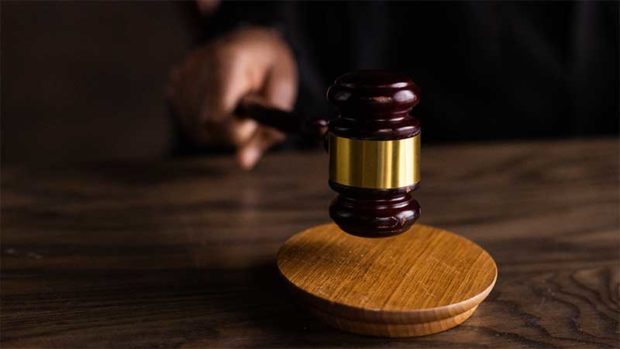
INQUIRER.net stock images
MANILA, Philippines — Of the complaints filed by law enforcement agencies, 90 to 95 percent are dismissed at the prosecutor level, while 80 to 90 percent that reached the court are dismissed, all for lack of evidence or due to technicalities.
DOJ Assistant Secretary Jose Dominic Clavano said prosecutors dismiss the complaints “because the inadequacies would make it difficult for prosecutors to reach the threshold of finding probable cause to file the cases in courts properly.”
For the cases that reached court, Clavano said 80 to 90 percent were dismissed due to technicalities or filed without adequate evidence.
Justice Secretary Jesus Crispin Remulla earlier lamented that the police appear to be more keen on making arrests as a form of accomplishment.
He said the police are targeting “petty or template crime violators” such as those playing care y cruz for buy-bust operations.
READ: Remulla to PNP: Success measured through convictions, not arrests
On Monday, a training program was held for law enforcement officers, an initiative by the Department of Justice (DOJ) and the Philippine National Police (PNP).
“Hopefully, with this event, we can increase ‘yung conviction rate at mas lalong mapapaisip ang mga tao na gusto gumawa ng krimen na hindi talaga nila kayang paikutin ang ating mga pulis at mga prosecutors,” he said.
[Hopefully, with this event, we can increase the conviction rate, and it will make people who want to commit crimes think twice about their ability to outsmart our police and prosecutors.]
Clavano said the event would be followed by capacity-building programs to understand Department Circular No. 020 better.
The Circular issued last April requires state prosecutors to take proactive involvement in case build-up to make sure that only criminal cases with reasonable certainty of convictions reach the court.
Under the circular, prosecutors “must ensure the existence of prima facie case and a reasonable certainty of conviction based on available documents, witness/es, real evidence and the like.”
Prima facie refers to the “status of evidence which, on its own and if left uncontroverted, is sufficient to establish all the elements of a crime.”
The circular requires all heads of prosecution offices to make sure that all prosecutors under their supervision shall be available to assist, coordinate and cooperate with, and provide sufficient legal guidance to, law enforcement agencies (LEA) in all planned operations.
These planned operations include buy-bust, controlled delivery operation, entrapment, application for a search warrant, and the like starting from their inception until the successful termination of the case.
Covered by the circular are heinous crimes; and all violations of the following:
- Republic Act No. 9165, the Dangerous Drugs Act, as amended;
- RA 9160, the Anti-Money Laundering Act of 2021, as amended;
- RA 11479, the Anti-Terrorism Act of 2020;
- RA 10168, the Terrorism Financing Prevention and Suppression Act of 2012, and all other capital offenses that are punishable by reclusion perpetua (maximum of 40 years in jail).
Also, the guidelines in the circular are suppletory in application to the Inter-Agency Committee on Extra Legal Killings, Enforced Disappearances, Torture and Other Grave Violations of the Rights to Life, Liberty, and Security of Persons; Presidential Task Force on Violence against Media Workers; and the National Task Force to End Local Communist Armed Conflict.